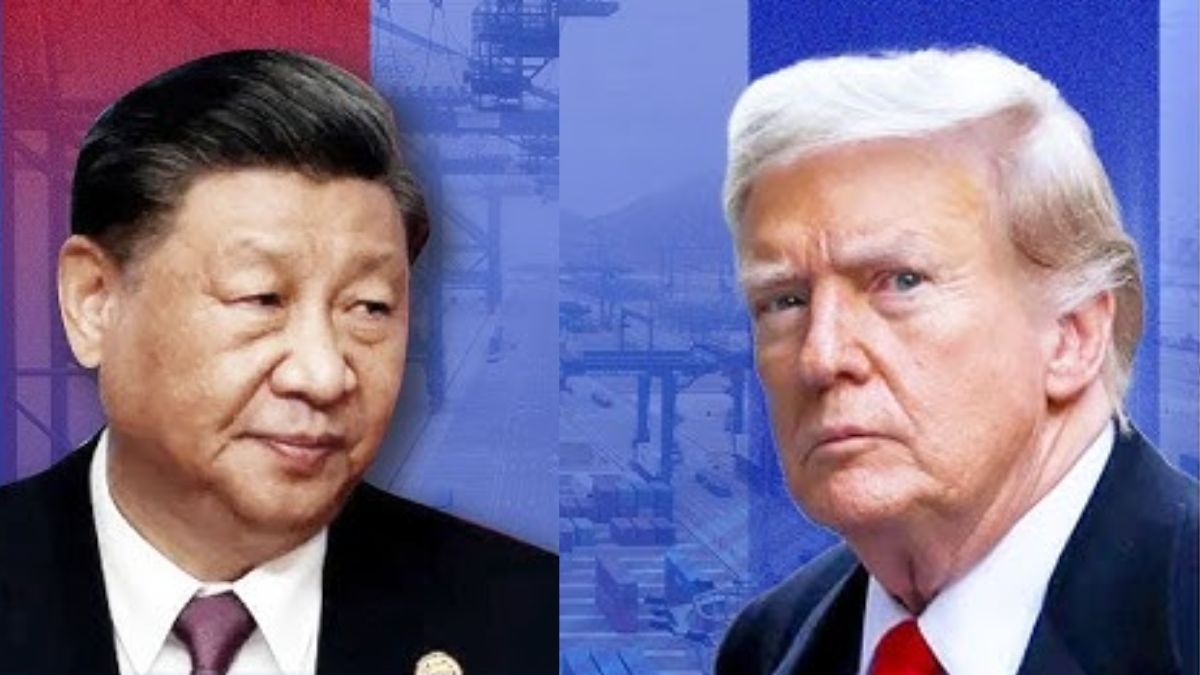The Chinese finance ministry on Tuesday (March 4) said that the country will impose additional tariffs on certain US imports starting next week.
These additional levies of 10-15 per cent are set to come into force from Monday (March 10) onwards.
Beijing announced that it would implement a 15 per cent tariff on US chicken, wheat, corn, and cotton. A 10 per cent tariff will be placed on US imports of soybeans, sorghum, pork, beef, aquatic products, fruits, vegetables, and dairy products.
Global Times , de facto a Chinese Communist Party mouthpiece, had earlier reported that China would hit back with a series of both tariffs and non-tariff measures, and that American agricultural and food products were expected to be caught in the crossfire between Washington and Beijing.
Trump’s tariffs on China
On March 4, at 0501 GMT, an additional 10 percent duty imposed by US President Donald Trump on Chinese goods took effect, resulting in a total tariff of 20 per cent. This measure was taken in response to what the White House perceives as China’s failure to address drug flows, particularly concerning fentanyl production.
This new tariff adds to existing tariffs on thousands of Chinese products.
The US claims that China is a supplier of chemicals used in the production of fentanyl, a charge that China has denied.
With China imposing retaliatory tariffs, a trade war has erupted between Washington and Beijing.
Trade war with Canada
It isn’t just with China that US is now embroiled in a trade war. Long-time ally Canada , and neighbouring Mexico are also in this quagmire with the US.
On Tuesday, alongside the tariffs on China, the 25 per cent levies that Trump had announced for Canada and Mexico also went into effect. Canadian energy products getting tariffed at 10 per cent.
The stated reason for the tariffs is to address drug trafficking and illegal immigration. However, Trump has said that the tariffs will only come down if the US trade imbalance closes.
Impact Shorts
More ShortsIn response, Canadian Prime Minister Justin Trudeau said his country would slap tariffs on more than $100 billion of American goods over the course of 21 days.
With inputs from agencies
)